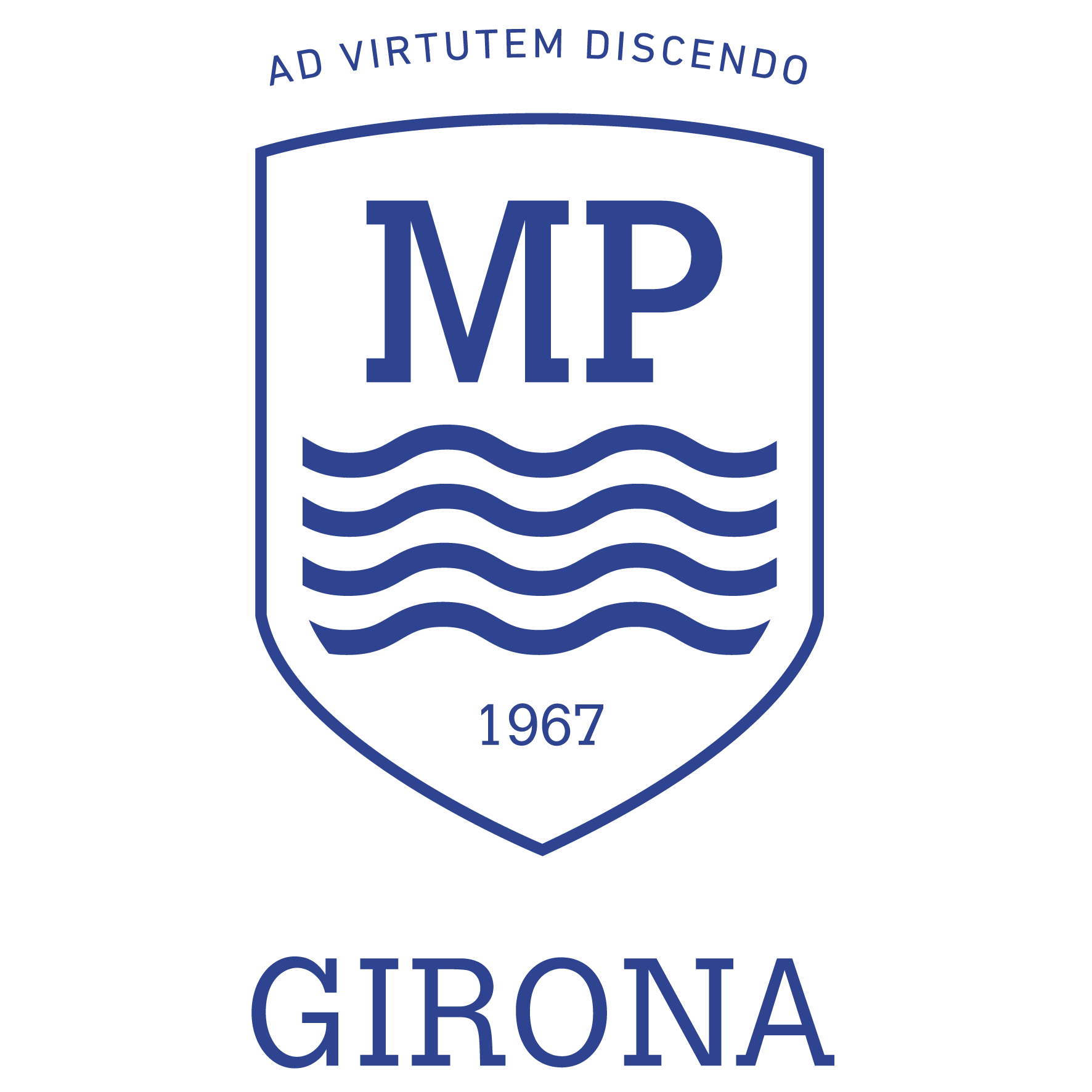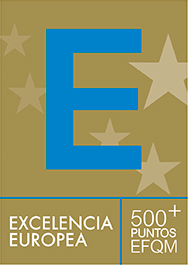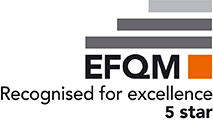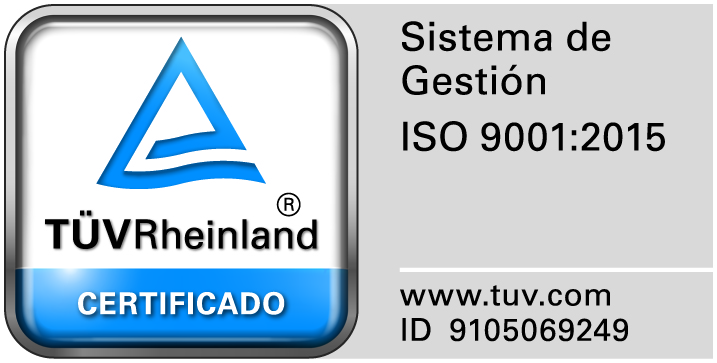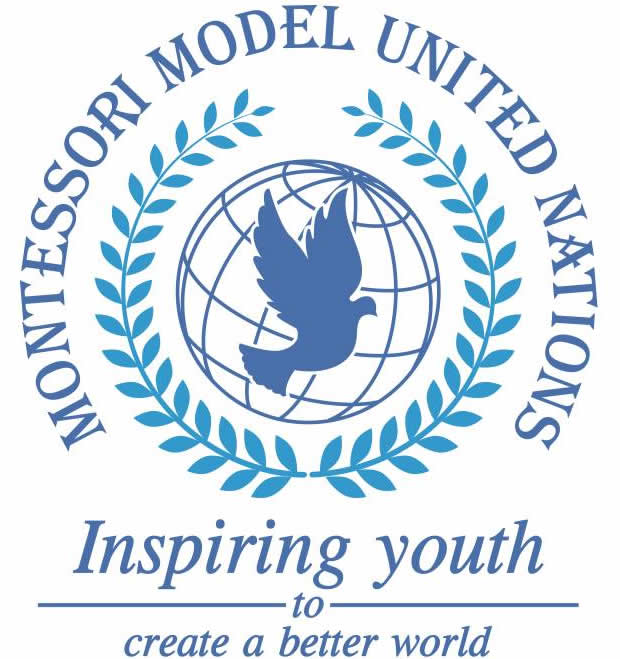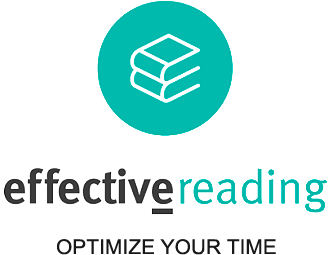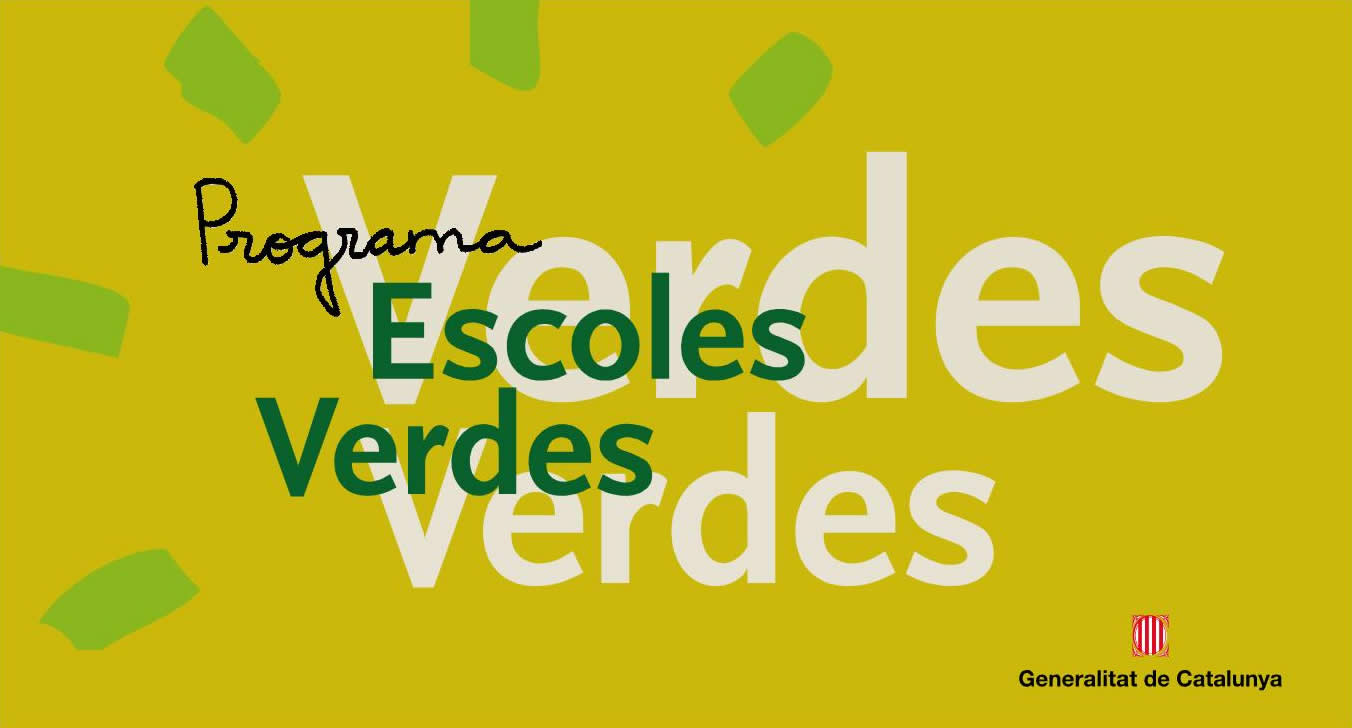Students´ area
The Psychology and Counselling Service conducts works with students, on an individual basis, who require systematic intervention for a period of time in the areas of functional, psychomotor and cognitive development and family and emotional learning.
Within this field, three specific services are offered:
Psycho-pedagogical re-education and speech therapy service
The school offers the possibility of carrying out re-education or interventions based on the examination. These would be designed on an individual basis and, where this is necessary, it will be explained to each family. It will only be possible to work within the school if the consultation can be done within the educational framework, such as psychopedagogics, psychomotricity or speech therapy.
Individualised tutoring
This service is designed for those students who require a more direct and thorough monitoring and control than that required by students of the same age in the normal functioning of the group and goes beyond the possible intervention by the group tutor. This service will be recommended by the tutor and the director of the educational stage.
Diagnostic examinations
For those cases where a deeper and more specific evaluation of the student is considered necessary, the Psychology and Counselling Service recommends carrying out comprehensive individual examinations in order to better identify the difficulties, designing the action plan and appropriate guidance for each student. If desired, this service can be done at the school itself, within the school hours, if the case is to be dealt within the educational field.
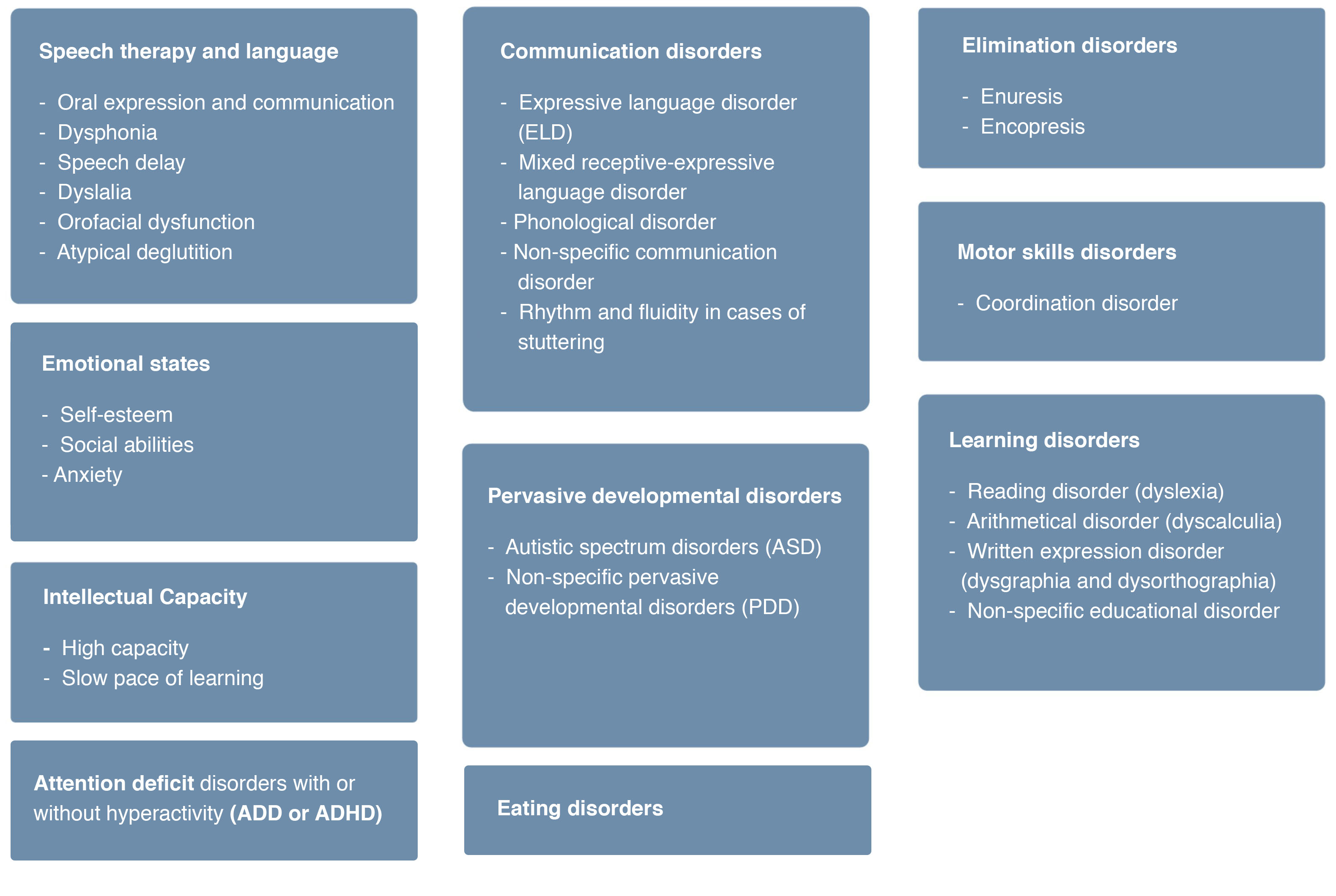
- Neurocognitive development of Basic Mental Abilities.
- Instrumental Enrichment, through the theory of proximal development.
- Information Processing (input-output): thinking, processing information and communication strategies.
- Social and Communicative Abilities.
- Training in relaxation techniques.
- Development of personal resources, habits and routines.
- Self-awareness and self-esteem.
- Programmes for the development of intelligence.
- Sensory Integration: sensory processes of the brain and adaptive behaviour.
- Relational and developmental psychomotricity.
- Strategies for meaningful study, planning and learning.
- Mediation and conflict resolution.
- Executive function training (planning, mental flexibility, inhibition and care and operational memory).
- Carrying out a basic developmental monitoring of speech therapy at the Infant and Primary cycle levels, when the tutor or the parents consider it appropriate.
